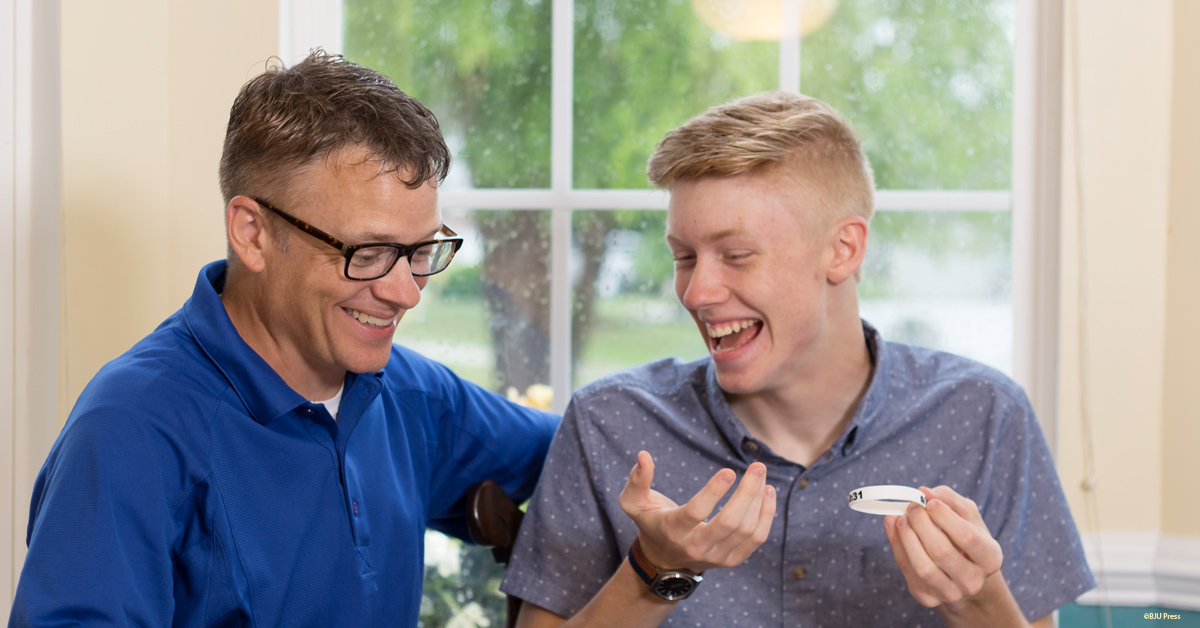 If you’re a homeschooler, you’ve probably often been asked, “What about socialization?” Both the skeptical and the concerned like to broach that question. Sometimes it takes a more subtle form: “Are your children involved in sports?” I suspect that some people ask me that just to make sure that my children have interactions with other human beings. Well, of course, they do!
If you’re a homeschooler, you’ve probably often been asked, “What about socialization?” Both the skeptical and the concerned like to broach that question. Sometimes it takes a more subtle form: “Are your children involved in sports?” I suspect that some people ask me that just to make sure that my children have interactions with other human beings. Well, of course, they do!
Homeschool families face this concern from generation to generation even though the movement has produced many well-adjusted adults. So is socialization a legitimate reason to not homeschool? As a homeschool father, I believe socialization is one of the best reasons to homeschool.
Will homeschooling produce social misfits?
Concerned friends and family members often worry that our children will become social misfits. Of course, we share this concern. We want our children to develop social graces.
But the worst place to learn social grace is from a group of peers. Trust me, I’ve worked with junior high boys at summer camps; you don’t want your children learning social graces from their peers. The truth is that most children learn social grace from their parents, regardless of where they get their schooling. When parents of publicly educated children fail to teach their children how to interact with others, their children are socially awkward.
What is socialization, really?
Generally, when people talk about socialization, they’re referring to interacting socially with others. But that isn’t what sociologists and educators mean. They define it as the Oxford English Dictionary does: “the process by which a person learns to function within a particular society or group by internalizing its values and norms.” In other words, socialization is children coming to understand what attitudes, values, and behaviors a culture considers normal.
What does public school socialization produce?
What does society think is normal behavior for our children? All sorts of immorality, substance abuse, conspicuous consumption, and disregard for authority.
Paul’s description in Romans 1:29–31 captures much of what our society considers normal: “[People are] filled with all unrighteousness, fornication, wickedness, covetousness, maliciousness; full of envy . . . , deceit, malignity; whisperers, backbiters, haters of God, despiteful, proud, boasters, inventors of evil things, disobedient to parents, without understanding, covenant breakers, without natural affection.”
This is what society considers normal, and public schools have been very effective at socializing generation after generation in these norms. I certainly don’t want that socialization for my children.
What socialization do I want for my children?
As my wife and I teach our children, we’re also trying to socialize them. But we want them to consider God’s values and His expectations normal. We want them to graduate from high school producing the fruit of the Spirit.
As Christians, we’re not supposed to fit in. Romans 12:2 commands us not to be conformed to the spirit of this age. When our children reject the world’s norms in favor of God’s norms, I consider that successful parenting. So when people talk to me about socialization, I tell them that socialization is the number one reason I homeschool.



